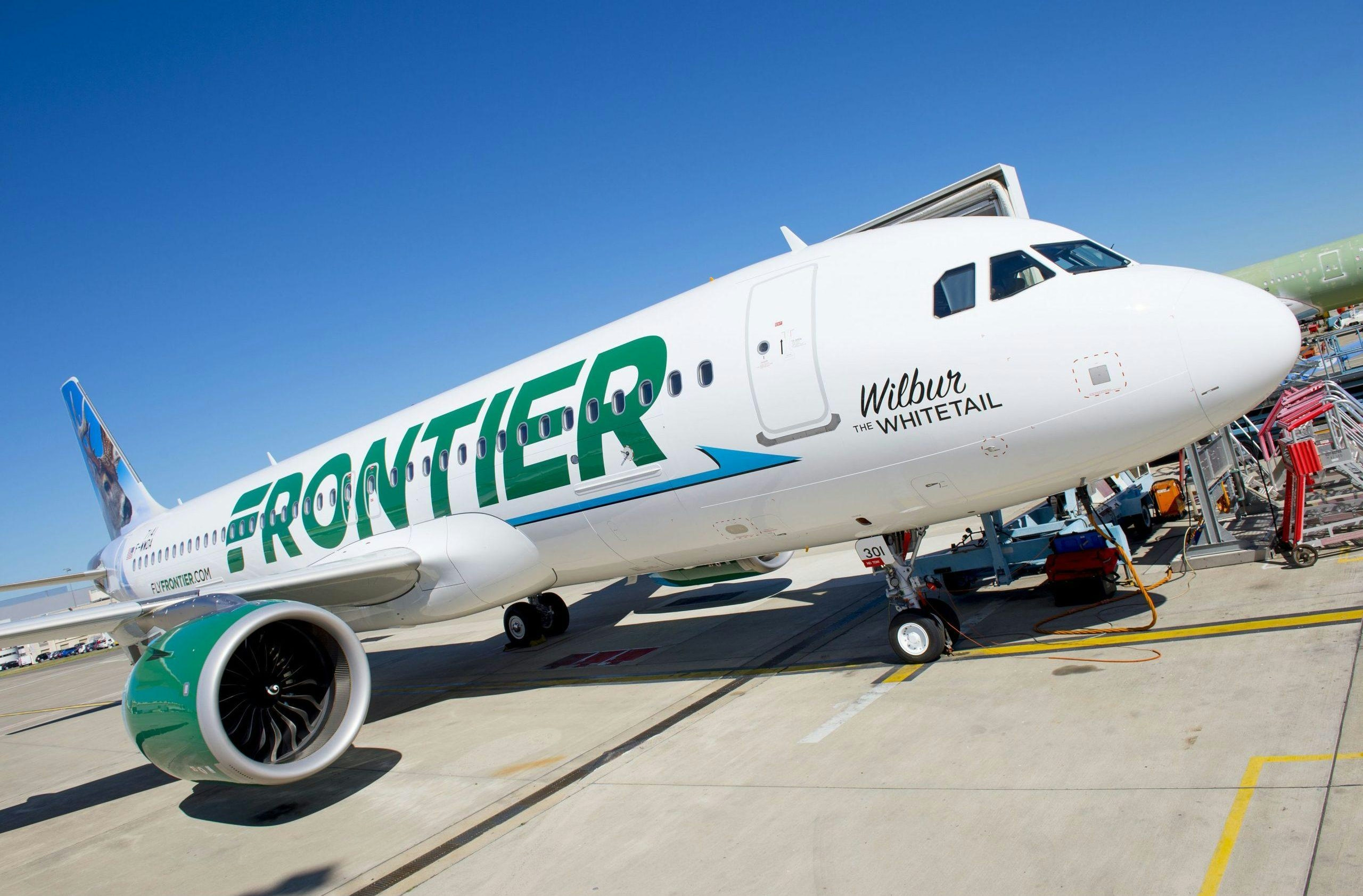AeroGenie — Tu copiloto inteligente.
Tendencias
Categories
Frontier A320 Engine Damaged by Air Conditioning Tube at Charlotte Airport

Frontier A320 Engine Damaged by Air Conditioning Tube at Charlotte Airport
Incident Overview
On August 16, 2025, a Frontier Airlines Airbus A320 experienced significant engine damage at Charlotte-Douglas International Airport (CLT) when a ground-based air conditioning hose was inadvertently ingested by the aircraft’s left engine. The aircraft, registered as N365FR and approximately 5.7 years old, was parked at its gate with passengers already on board, preparing for Frontier flight 3134 to New York-LaGuardia (LGA). The incident caused a delay of nearly nine hours, affecting all passengers scheduled on the flight.
Eyewitness accounts and passenger videos documented the moment the air conditioning hose was drawn into the spinning fan blades, resulting in the hose’s disintegration and debris scattering across the tarmac. One passenger remarked on the severity of the damage, stating, “That engine’s fried.” Fortunately, no injuries were reported among passengers or crew members.
Ground Equipment and Operational Factors
Ground-based air conditioning units are routinely employed at airports to cool aircraft cabins while engines and auxiliary power units (APUs) are shut down, particularly during hot weather. These units connect to aircraft through large hoses that must be securely stowed when not in use to prevent accidents. Preliminary assessments suggest that improper handling or storage of the hose contributed to its ingestion by the engine in this case.
Following the incident, the flight crew promptly disembarked all passengers as Frontier Airlines conducted an initial assessment. Due to the extent of the engine damage, the affected aircraft was taken out of service for further inspection and repairs. To minimize disruption, Frontier arranged for a replacement aircraft, an Airbus A321neo registered N715FR, to operate the delayed flight. Originally scheduled to depart at 09:55 local time, the replacement flight eventually departed Charlotte at 19:06, according to Flightradar24 data.
Implications and Industry Context
The event has drawn increased scrutiny toward Frontier Airlines’ ground handling and maintenance protocols, raising concerns about operational safety and oversight. With the damaged A320 sidelined, Frontier faces potential ripple effects across its fleet, particularly amid ongoing shortages of Airbus A320 engines that have already affected delivery schedules and operational capacities across the industry.
Market analysts have noted that such operational disruptions could exert temporary pressure on Frontier’s stock price, reflecting investor apprehension regarding reliability and associated costs. Concurrently, competing airlines may seek to leverage the situation by highlighting their own safety records and operational dependability in marketing campaigns.
As investigations continue, this incident underscores the critical importance of stringent ground operations and highlights the broader challenges confronting airlines operating the Airbus A320 family amid persistent engine supply constraints.

Emirates Unveils Cabin Design for New Boeing 777X

Eighteen Years On, the Airbus A380 Remains Central to a $34 Billion Airline

How a boom in luxury airline seats is slowing down jet deliveries

Navitaire Outage Attributed to Planned Maintenance

Airbus Plans Record Delivery of 870 Aircraft in 2026

DigiYatra Debuts Outside Aviation at India AI Impact Summit

Vietnam Orders Strengthen Boeing’s Commercial Outlook

Airbus Signals Uncertainty Over Future A400M Orders

JobsOhio Awards $2 Million Grant to Hartzell Propeller for Innovation Center

Collins Aerospace Tests Sidekick Autonomy Software on YFQ-42A for U.S. Air Force CCA Program
